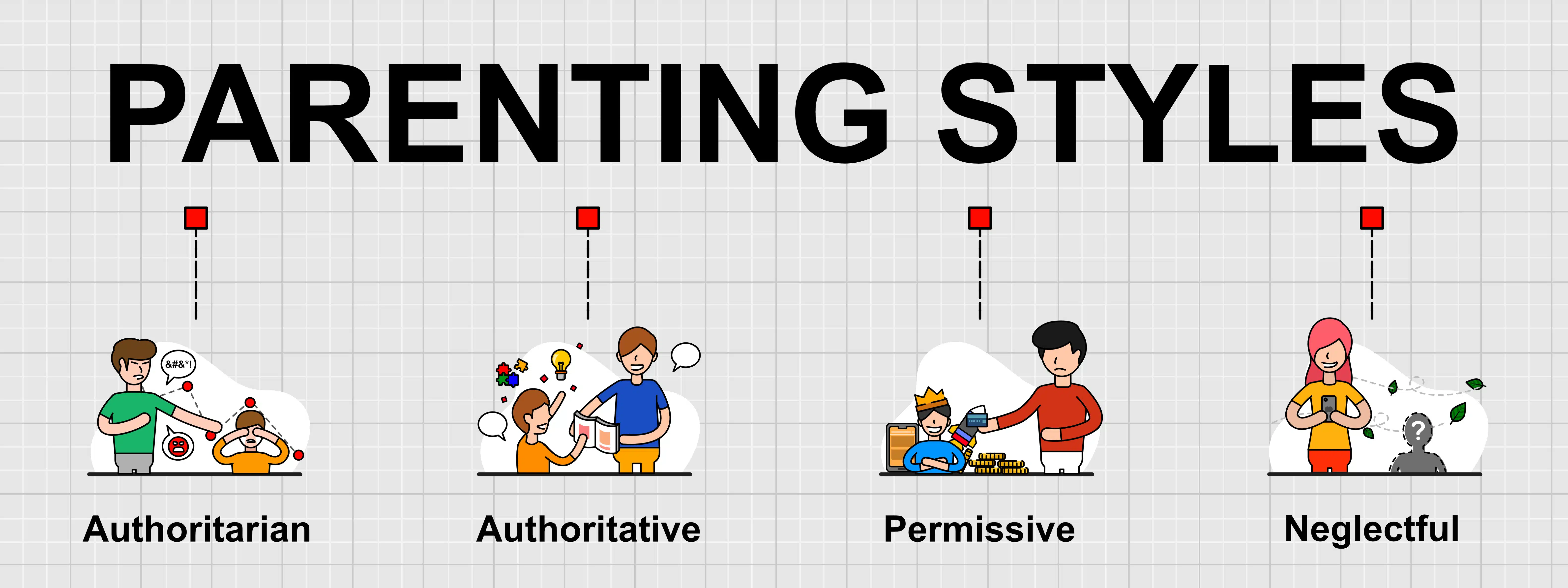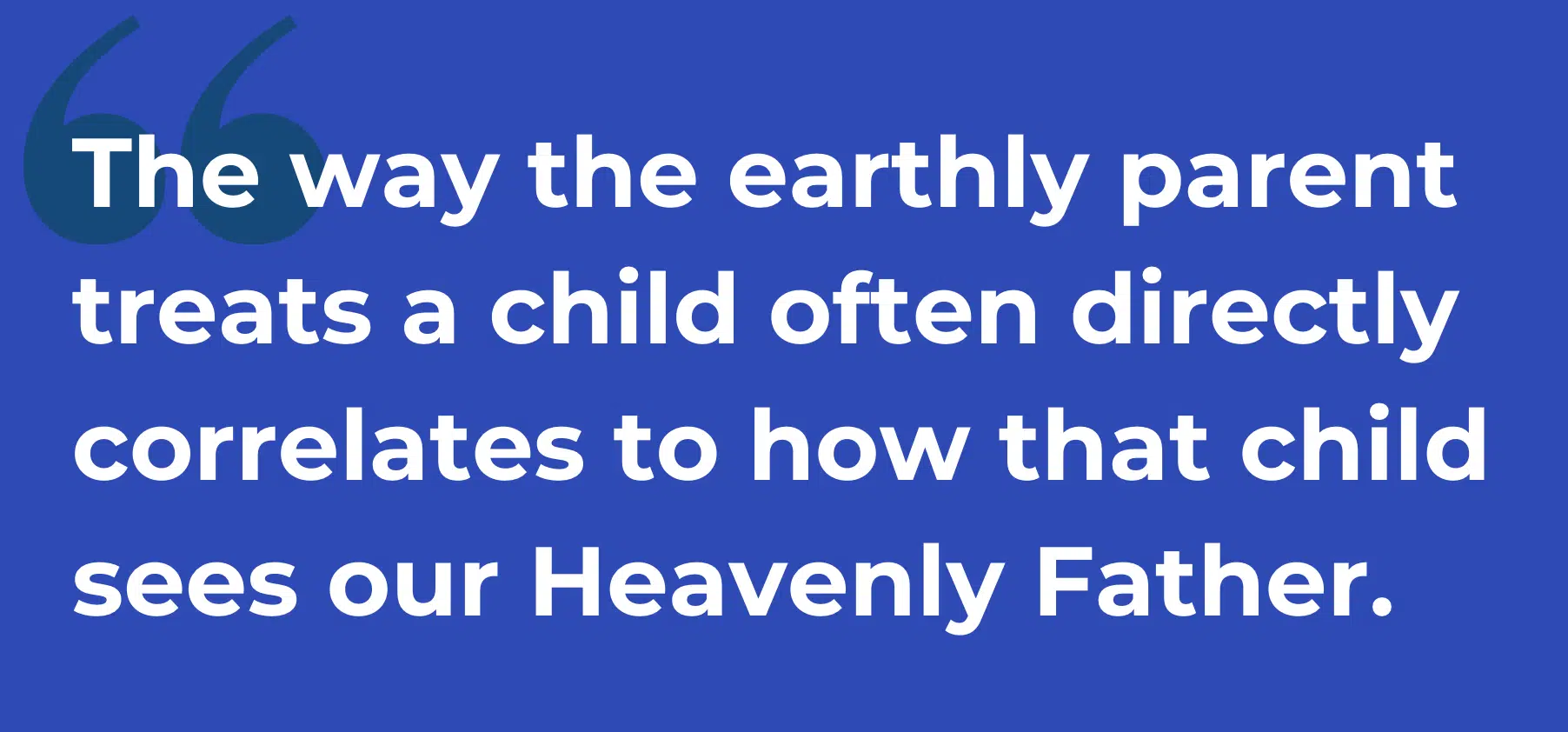Building stable and healthy families is of paramount importance, to the family itself but also to our society. In order to do that, we must raise our children to be good, moral people. This takes effort. It takes love. And it takes time and devotion. These are just some of the actions of loving and effective parents—a type of parent defined by Diana Baumrind as “authoritative.”
Baumrind was a developmental and clinical psychologist whose most famous study looked at the parent-child interaction [1] and the subsequent behavior of the child. In essence, her theory claims that the style of parenting directly correlates with how a child acts and how successful and happy he will become. Though her research was conducted in the 1960s, it’s still relevant today.

Diana Baumrind
Her study used two metrics as it examined parenting styles: the level of parental responsiveness and the level of parental “demandingness.”
Responsiveness relates to how attuned the parent was to the needs of the child. For instance, was the parent interested in what the child was doing in school or at home? Was the parent affectionate with the child? And demandingness relates to how much control the parents took over the child’s behavior and how they reacted to this behavior.
From her research, Baumrind identified three different parenting styles: authoritative, permissive, and authoritarian, with authoritative [2] being the perfect combination of responsiveness and demandingness and thus the most likely to create well-adjusted children.
However, in the 1980s, after conducting extensive research with a wider socioeconomic group of children and parents, Eleanor Maccoby and John Martin added a fourth style [4]. They called this the uninvolved parenting style, also known as neglectful parenting.

Characteristics of an Uninvolved Parent
Maccoby and Martin found that uninvolved parents score low in both responsiveness and demandingness. What does this look like?
Uninvolved parents set very few—if any—rules with their children. They take no interest in their kids’ social life or their school life. Further, they:
- Do not set clear boundaries
- Have few expectations for how the children should behave
- Are emotionally cold
- Rarely show any signs of affection toward their kids
- Are often indifferent and dismissive
In short, they spend very little time with their children and pay very little attention to what they do on a daily basis.
An uninvolved parent is not a parent who is simply distracted once in a while or who may have to miss an occasional soccer game or recital. It is not the parent who sometimes gets wrapped up in a book or a game on their phone. An uninvolved parent establishes a pattern out of this behavior. According to Healthline [5]:
Uninvolved parenting isn’t just a moment of preoccupation with one’s self. Rather, it’s an ongoing pattern of emotional distance between parent and child…. Uninvolved parents are preoccupied with their own affairs—so much so that they’re unresponsive to the needs of their children, and make little time for them.
There are many reasons a parent may be uninvolved or may feel disinterested in a child. It could be that their parents were also uninvolved, so that parenting style is all they know. Uninvolved parenting could also stem from a parent’s inability to put their children before a demanding job. It could stem from a mental illness or a lack of awareness of good parenting techniques.
Sometimes parents simply don’t know how to relate to their children, so they distance themselves, thinking that it’s better to be emotionally absent than to be angry or say something mean. These people likely want to be good parents. They just don’t know how. They then become trapped in a cycle of behavior that’s difficult to break.
But just as physical and verbal abuse damage a child, emotionally absent parents do as well. In fact, this type of parenting has some incredibly detrimental effects on children.
Consequences of Uninvolved Parenting for Children
Imagine spending most of your days being ignored. Imagine being left to your own devices as a child. Imagine having no one to make your dinner, help with homework, or teach you how to play games or sports. Imagine wanting to be held or consoled when you’re sad or hurt, but the person closest to you pushes you away or sends you to your room. It’s a devastating—and heartbreaking—scenario.
When children spend day after day in a house where they are ignored and unloved, they begin to exhibit emotional problems. For example:
- The children begin to internalize the actions of their parent or parents. They think their parents don’t care because they, the child, are bad or somehow defective. This leads to low self-esteem and low self-confidence.
- Children of uninvolved parents have difficulty relating to others in the world and to the challenges they encounter because they have no one to teach them how to overcome them. This leads to increased emotional problems. In fact, researchers have found that children of uninvolved parents [6] have higher levels of stress and anxiety.
- As they grow, these children are also more likely to have problems with both drugs and alcohol, as they use these substances to dull the pain of being ignored. In a 2014 study in the journal Societies found [7] that “by grade 12, adolescents with uninvolved parents drank alcohol almost twice as much and smoked twice as much as their peers that lived in authoritative households.”
- In the school setting, these children perform poorly and often have difficulty getting along with peers.
- And since their parents usually have no set form of discipline, the child receives no correction at home and begins to act out at school.
- Children of uninvolved parents are also more likely to have mental health problems and higher rates of depression as they get older. They are more impulsive and have difficulty regulating their emotions. They often become easily angered and are more aggressive than their peers.
- In addition, these children also often have attachment issues. This leads to difficulties forming attachments later in life. And in the words of one author, it causes children [8] to “see life as this big, scary thing they have to face independently.” This is because, in essence, they have no role model to guide and direct them or to teach them about the world.
Uninvolved Parenting Also Leads to Problems with Faith in God
It’s impossible to learn something if you are never taught about it, never hear about it, and have no exposure to it. The same goes for faith. It is difficult or near impossible to raise children with a strong faith in God if the parent ignores them, doesn’t take care of them, is cold and distant, and never exposes them to the tenets of faith.
According to the Christian magazine Crosswalk [9]: “For children whose parents are often absent, they grow up believing God isn’t there for them either. It’s hard for kids to imagine a close relationship with Jesus when they have little connection to their parents.”
The article goes on to say that those children whose parents are distant and treat them as burdens will grow up with this same idea about God. Such children will find it difficult to believe that God could be interested in their daily lives.
The article continues: “When children aren’t well provided for, whether physically or emotionally, they might begin to view God as lacking. Especially if their basic needs go unmet, such as safe shelter, warm clothing, or regular meals, they might view God as uncaring or unable to provide.”
The way the earthly parent treats a child often directly correlates to how that child sees our Heavenly Father—if he even learns about God from other sources. So a cold and distant parent leads children to think that God in heaven is also cold and distant. This heartbreaking reality then leaves the child feeling unloved by everyone.

Can I Change My Parenting Style?
Of course! That said, it may not be easy, and it will take some work. But it can be done.
If you find that you are an uninvolved parent, the first and hardest step is twofold: acknowledge the problem and make a decision to change.
Acknowledgement does not mean you have to dwell on the past, however. It means you take the lessons you learn and apply them to making the future better. If you get stuck in the acknowledgment part and allow it to make you feel helpless or embarrassed, it’s much harder to change. Recognize that you have made mistakes and vow to become a better parent.
As previously stated, there are many reasons that parents become uninvolved, and most are not a conscious decision to do so. If you have become uninvolved because of a mental health issue, seek help for yourself and your family so that you can all heal together. In order for the family to heal as a whole, the entire family must receive help.
But if you are uninvolved because you lack parenting skills or because you never had a good role model, seek ways to improve those skills. Talk to some parenting experts. Read books. A great book on Catholic parenting is entitled Parenting with Grace [11] by Greg and Lisa Popcak. Greg Popcak is a Catholic psychotherapist, speaker, and author who gives practical and faith-filled parenting advice. His easy-to-read book is full of valuable help for parents in all situations.
After acknowledging the problem and deciding to make a change, talk with your child and apologize for creating distance between you. Admit that it’s your fault and not theirs. Tell your child that you want to change things and develop a better relationship and that you’re going to work hard to do so. Assure him of your love.
Then begin making changes. Start small by inviting your child into your everyday routine. Pay more attention to him. Teach him something new. Allow your child to participate in doing things around the house, whether that’s cooking dinner, fixing a broken lamp, or building a bookshelf. Start participating in fun activities together. Bake cookies. Listen to music. Play games. Go to a park or for a walk. Take up a hobby. Play catch. Read a book and talk about it. There are countless activities you can do that will help build and then strengthen your relationship.
The goal is to become a good role model and to make your child feel loved and cherished. Once you begin making these changes, you will see drastic changes in your child’s personality.

Final Thoughts
It is our job as parents to give our children a secure home where they feel loved, wanted, respected, and safe. And it is our job as Catholic parents to pass on our faith to our children and to teach them of the bountiful love that God our Father has for us.
When we create a relationship with our children where we provide for their emotional, physical, and spiritual needs, we help them create a relationship with a God who does all that and more. When we pass on our faith to our children, we help them see that God will provide for them as well. Building trust in their parents leads our children to building that vital trust in God.
And that is one of the most important jobs we have as parents. Let us pray that we take it seriously and do it with love.